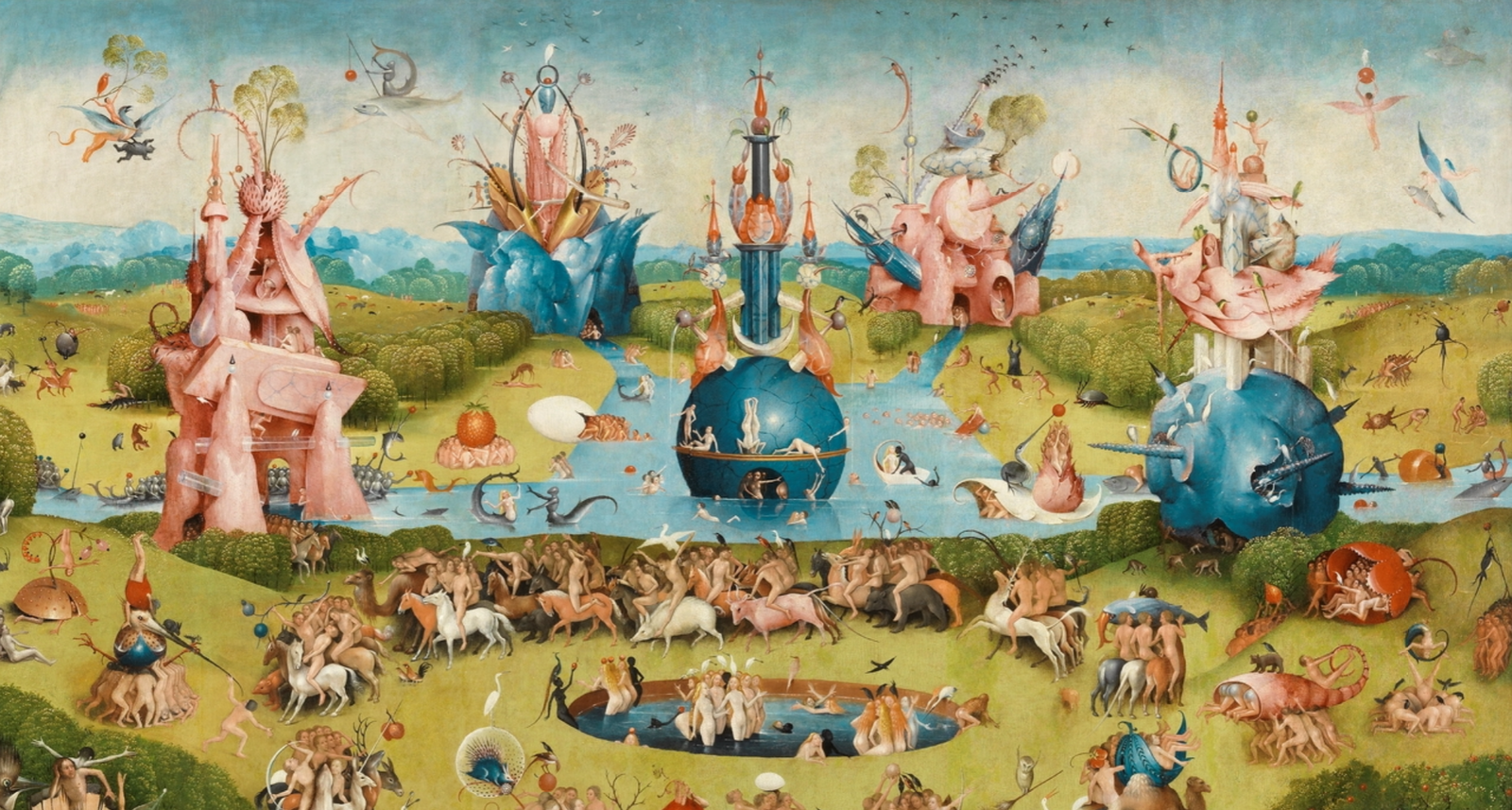
Closing The Pleasure Gap
Recently, I’ve been asking my female friends a burning question: Are you getting enough foreplay?
Amazingly, not one—not the pleasure coach, the polyamorous wild one, the newly married college friend, nor the sex-positive CEO—said yes.
What is going on here?! Is it just some cruel joke that the standard hetero-male sexual script seems to run so counter to female desire?
Too often, that script reads like this:
INT. BEDROOM – MORNING
Sunlight floods the room as a couple stirs under the covers.
MAN
“Hey, babe…?”
WOMAN
(stretching and yawning)
“Mmmmm. Morning”
MAN
(gently placing the woman’s hand on his erection)
“Can we have sex?”
And… scene.
But seriously, does this all-too-common approach actually work?
If you’re thinking, “Well, yeah, sometimes it does,” beware: many heterosexual women in long-term relationships admit they "fake it" just to get sex over with.
Katherine Rowland, author of The Pleasure Gap: American Women and the Unfinished Sexual Revolution, writes:
“That women are feigning their pleasure in order to hasten [sex] along—we need to treat that with real alarm. We need to ask: What’s going on that women are performing spectacle instead of allowing themselves to feel sensation?”
For millennia, sex has been defined by penetration and ejaculation—a male-dominated perspective that's blind to the vast landscape of women’s pleasure. This narrow focus not only turns many women off, it also undermines the full spectrum of ways humans can experience erotic connection.
As Rowland explains in her research on an "epidemic" of low desire in women:
“Persistent low desire among women was heavily tied to the idea that sex revolves around penetration as the main course—with maybe a polite prelude of foreplay—rather than seeing sex as a broad universe of intimacy.”
There are biological roots to this conundrum. From an evolutionary standpoint, men are designed for quick ejaculation and wide-scale progeneration, while women's sex drive depends on garnering support for child-rearing—which is a very long act, indeed.
Research points to other sociological differences between male and female desire:
-
Men think about sex more often than women—sometimes more than they even want to.
-
Men masturbate more often than women (while also feeling more guilty about it).
- Among men who are part of a couple, well over the majority say they always have an orgasm, as opposed to less than half of the coupled women. Also of note: higher instances of orgasm occur for women in lesbian relationships.
-
Women's desire is more "responsive" — we're more likely to get turned on after erotic stimulation, not before.
What a long time-body of biological and social conditioning we’re up against here, so let’s take the pressure off!
Men, your high libido is nothing to be ashamed about. You were designed for it. And women, there’s nothing wrong with having less spontaneous arousal—especially given how undervalued, unmapped, and outright suppressed female desire has been for thousands of years.
As Esther Perel said in a recent interview: Women's desire "is more contextual, more subjective, more layered on a lattice of emotion... Women want to talk first, connect first, then have sex," Perel explains. "For men, sex is the connection. Sex is the language men use to express their tender loving vulnerable side."
Mismatched Desire: A Clash—or an Opportunity?
Of course, I know, these are generalities…there are plenty of people who don't fall into these over-simplifications and queer sex is a different—and all too often stigmatized—story. But as a (mostly) hetero woman running a business that supports unbridled pleasure, I've started wondering if mismatched desire isn’t just some cruel joke.
Maybe it’s an invitation.
Despite recent backsliding, as women start disassembling the shackles of patriarchy and sexual repression—we can finally step forward to lead humans into the lush, dark, delicious realms of fully expressed female desire.
A Wild Feminine Terrain
Here’s where it gets fascinating: studies reveal that women’s arousal patterns are less conformist than society assumes. In fact, women are more likely than men to be turned on by a wide range of porn—including same-sex eroticism and even images of animals copulating.
But many women aren’t even fully aware of their own arousal. That got me wondering: what if God, Gaia, Source—call her what you will—is seeking to awaken through women’s and queer people’s more expansive sexual desires the next evolutionary level of presence, empathy, and reverence for all of life—not just the propagation of human life through heterosexual sex.
What if a slower, more connected, less binary desire is exactly what we need to revolutionize all of life on p. Earth?
Sure, that's a lofty vision but it's turning me on, so I'm sticking with it.
Before we can finally remake the world closer to the one we know in our hearts is possible, let's get practical...
Men, instead of feeling guilty about your libido, get curious. How can you channel that primal urge into an erotic exploration that thrills your partner's imagination? How can you show her—in your words, your gaze, your touch—that you long not just to “get off,” but to worship the wild expanse of her soul?
Remember, as Esther Perel says, “Desire originates much more between the ears than between the legs.”
Beyond Foreplay
Maybe focusing too much on “foreplay” misses the point. It’s not just what happens before sex that matters. When we create contexts that honor the body, heart, mind, and soul, then desire naturally deepens and thrives.
Because, contrary to porn-fueled myths, most women don’t crave huge appendages or endless pounding. What many of us truly yearn for is to feel profoundly held—safely, tenderly, boldly—inside the focused awareness of our lovers.
And women, our part is to stop faking it, stop rushing it, stop caretaking erections at the expense of our own pleasure (be warned: repeatedly prioritizing a partner's desires over our own dampens our desire). Instead, we can turn up the volume on our wildest yearnings, slow down, and tune into our subtlest sensations...
I see pleasure as divine because it fuels our love—for our bodies, our partners, and this wondrous planet we share with all of life.
When we honor our true desires, we cultivate a power that ignites every area of our lives.
It’s time for more women to take their pleasure more seriously.
And when we do, maybe men will too.
Jules Cazedessus, founder & CEO, Venus Matters.
*Painting by Hieronymus Bosch: The Garden of Earthly Delights


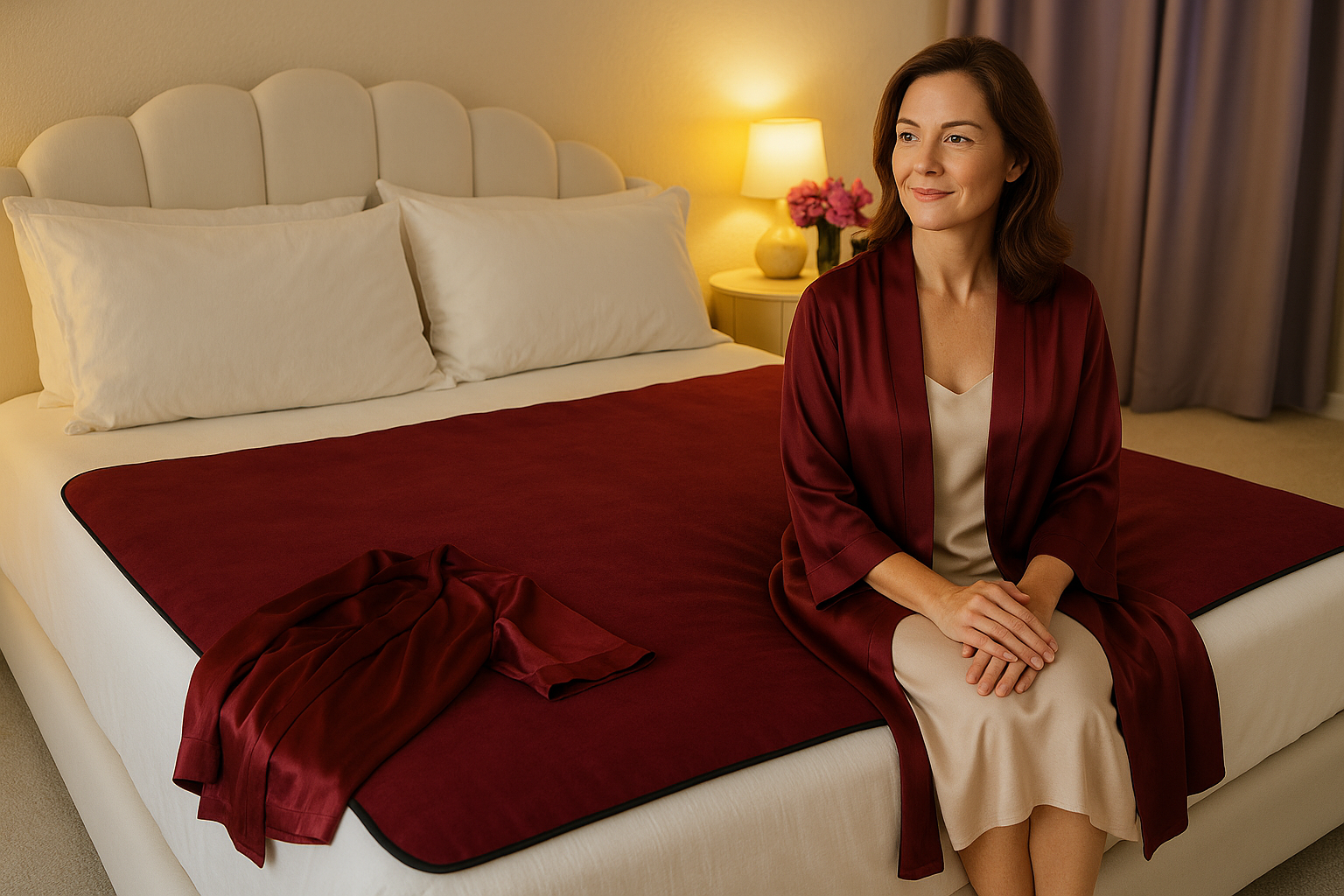
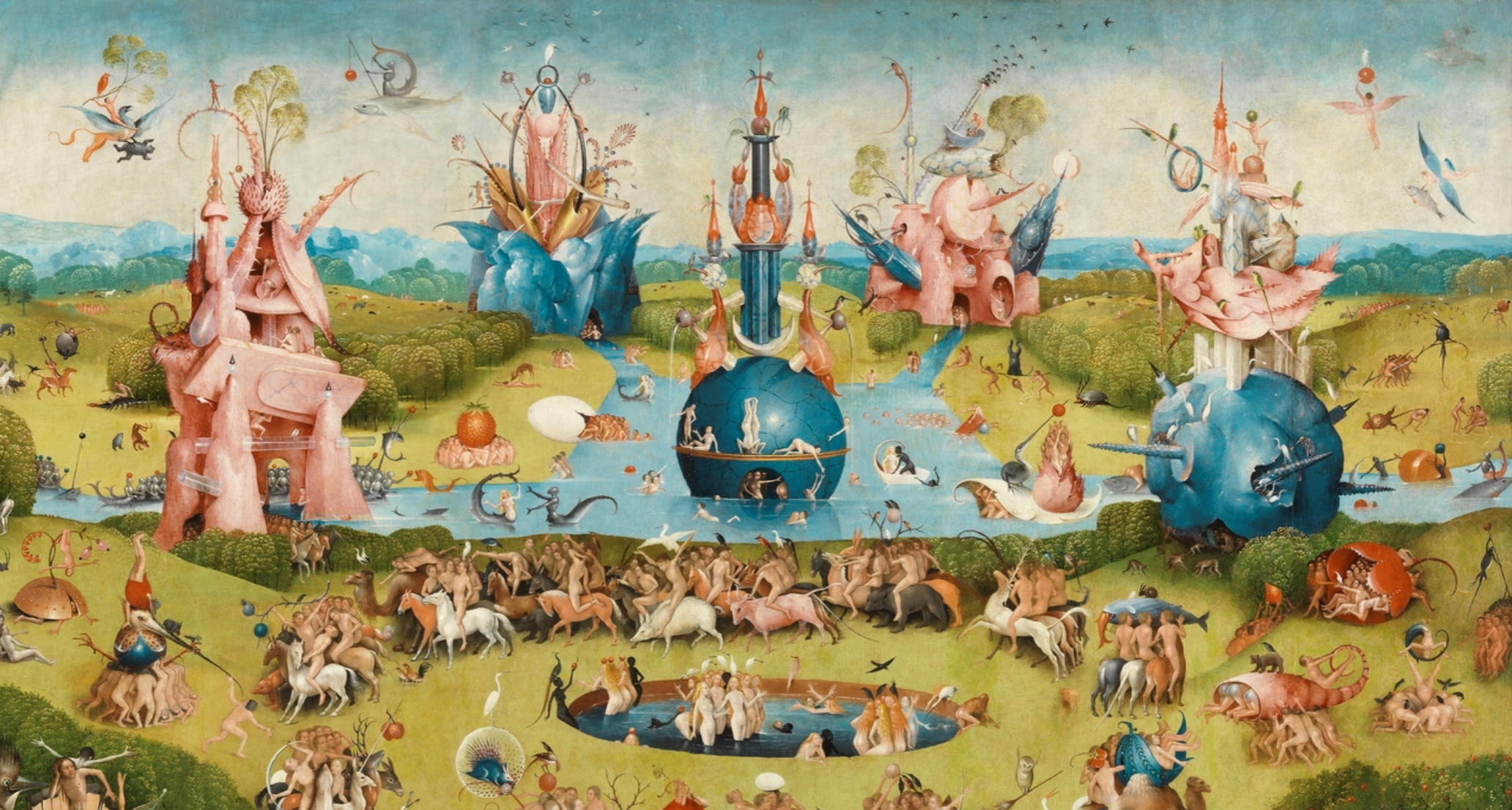














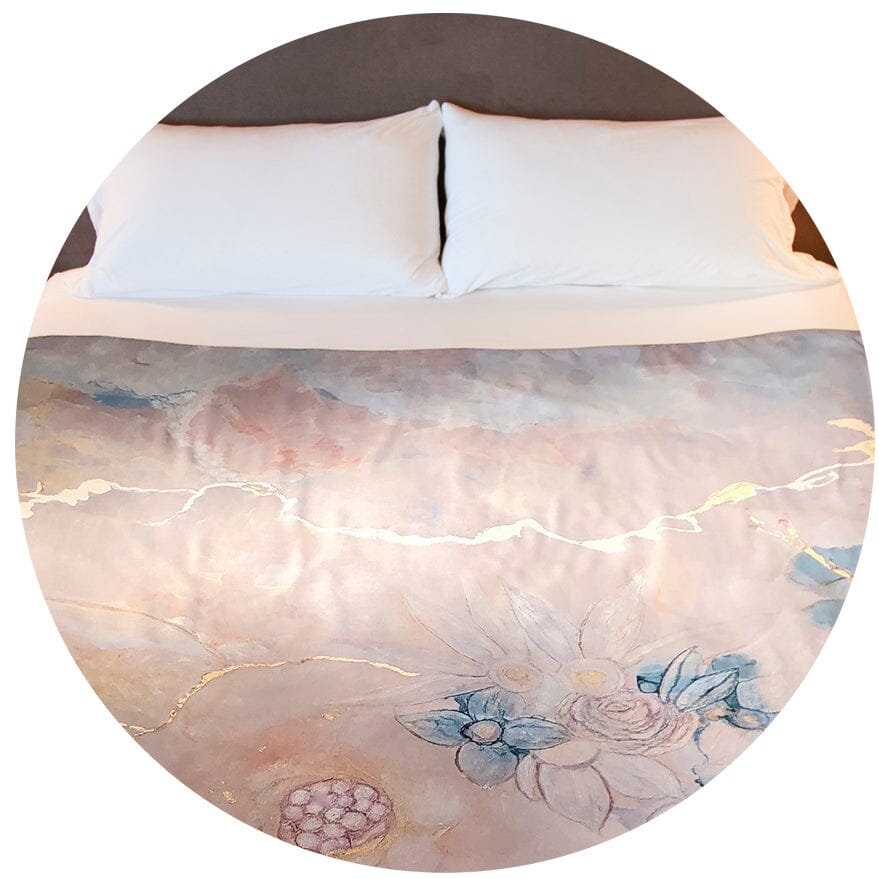
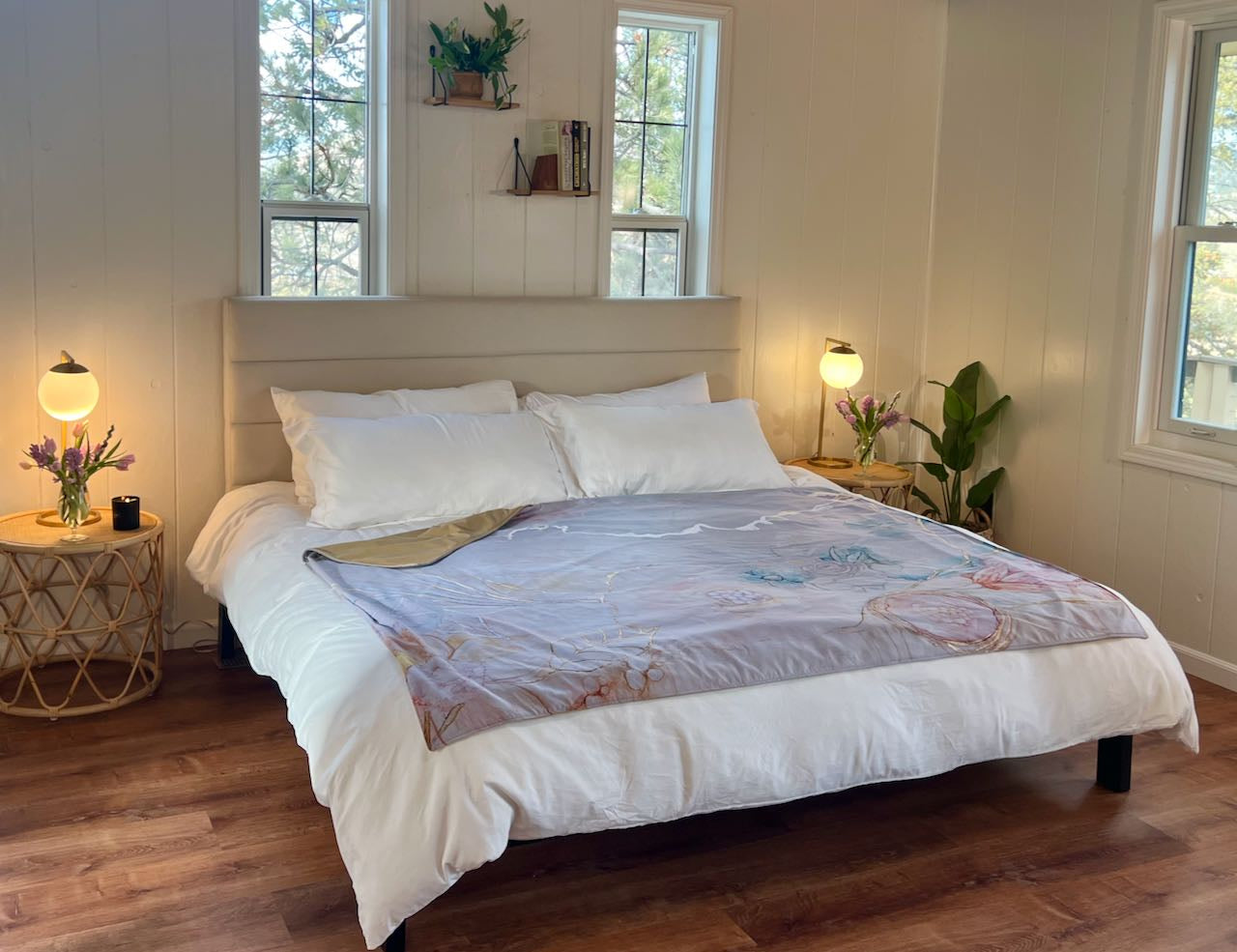
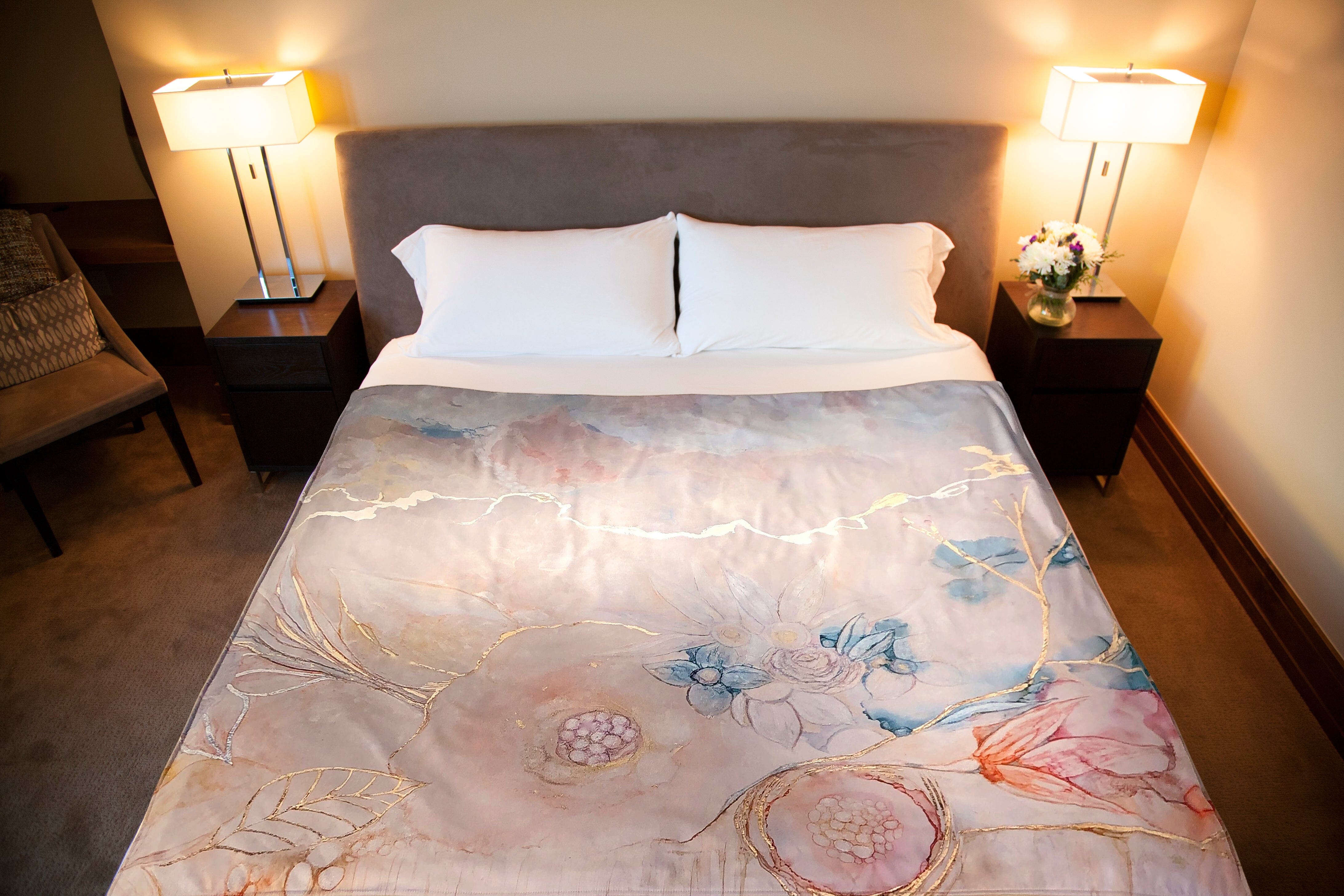

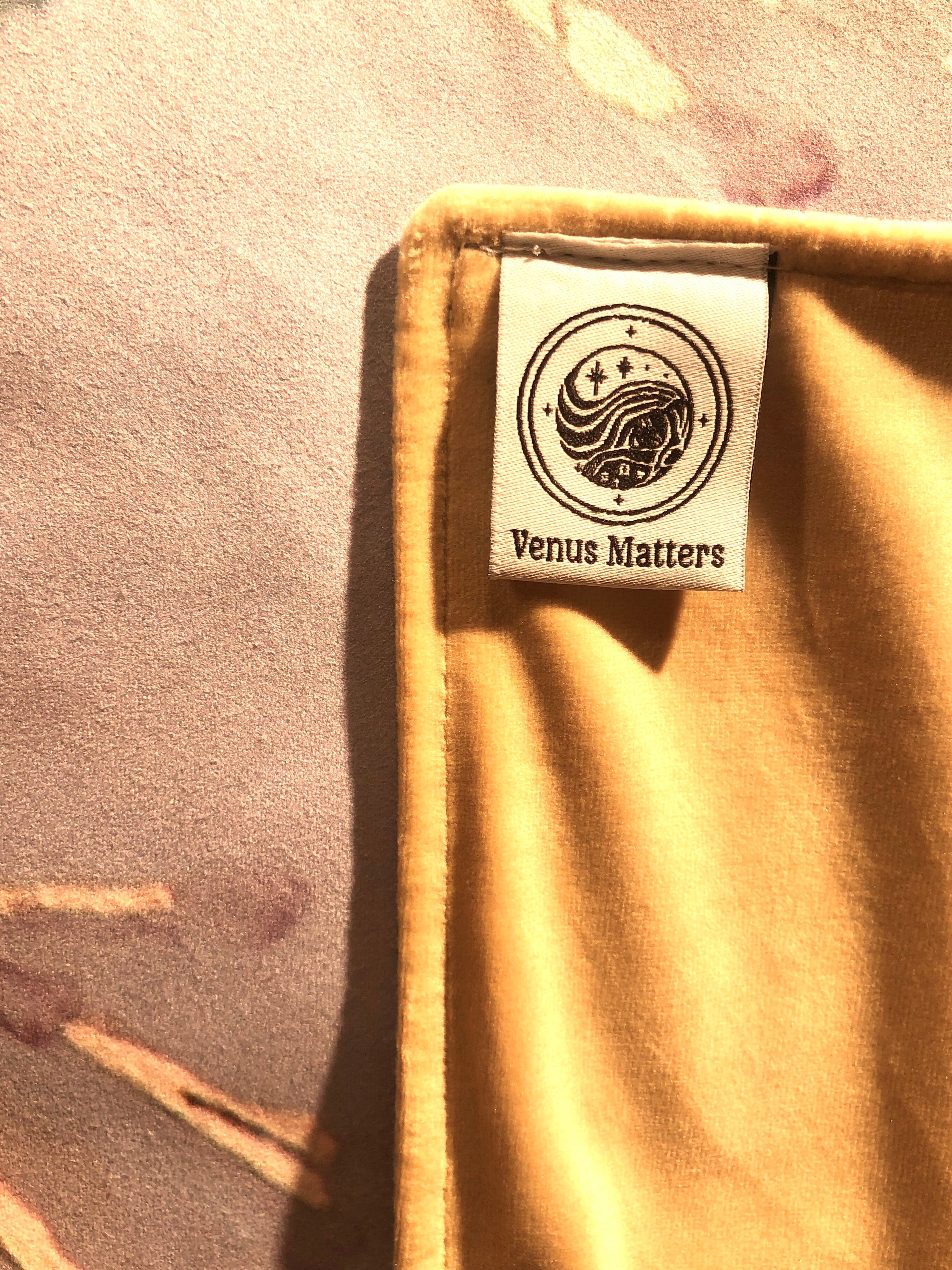
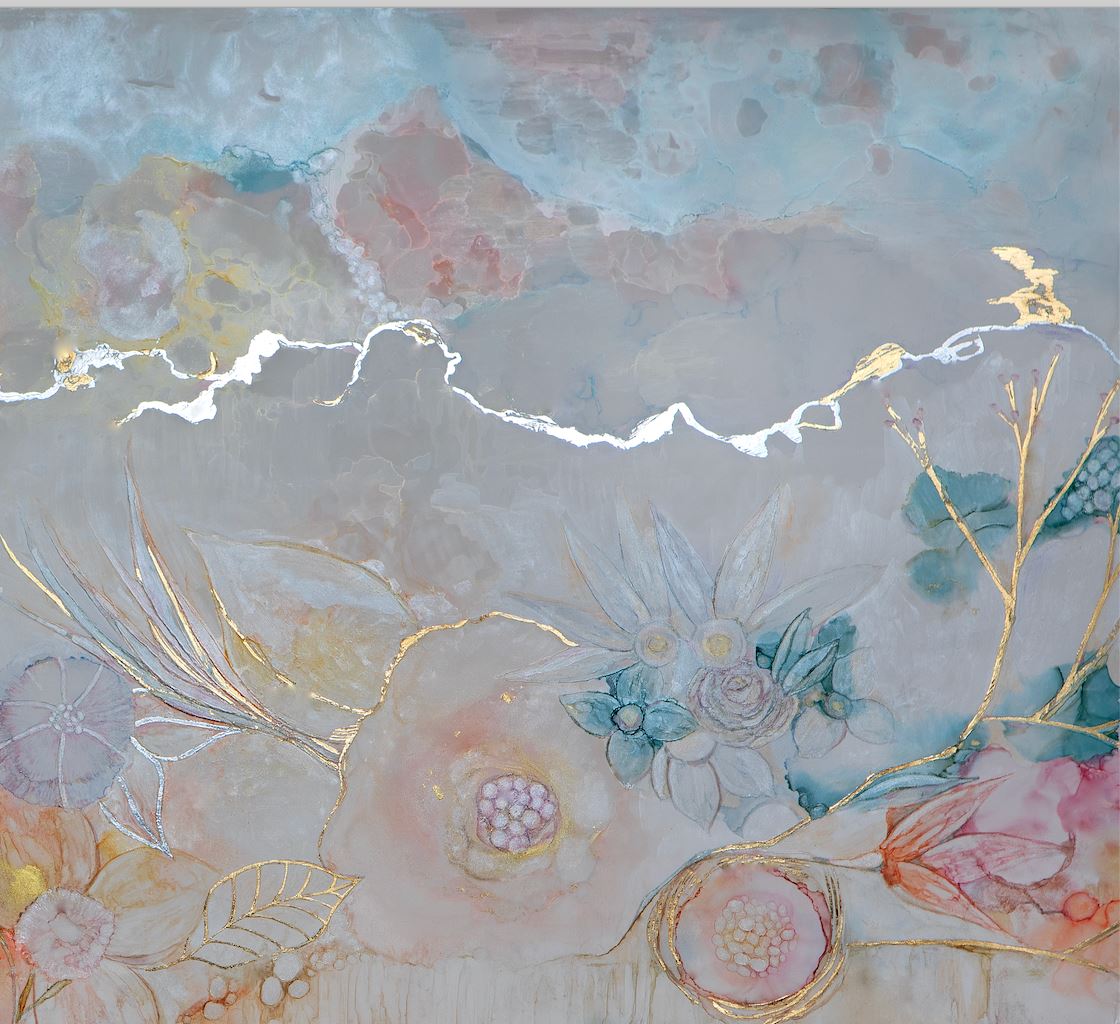
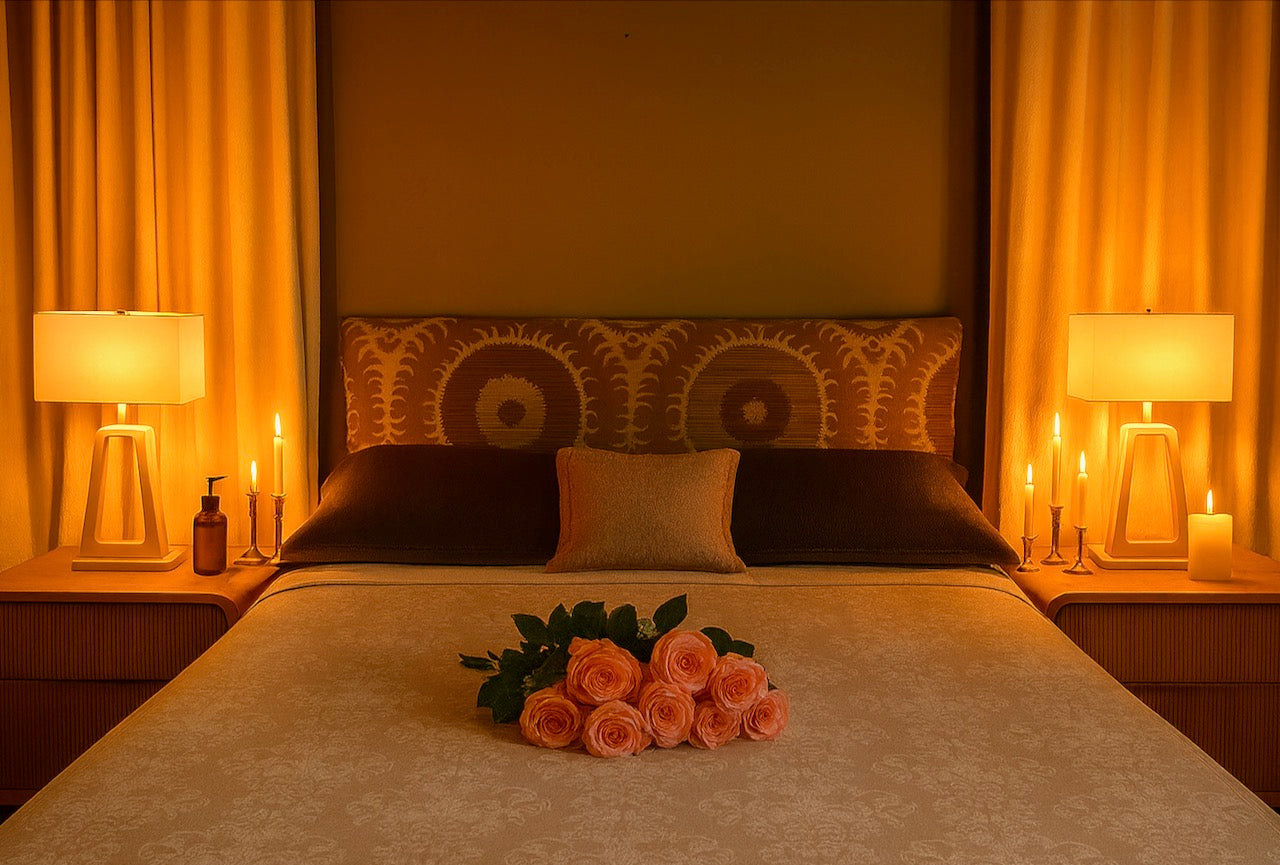
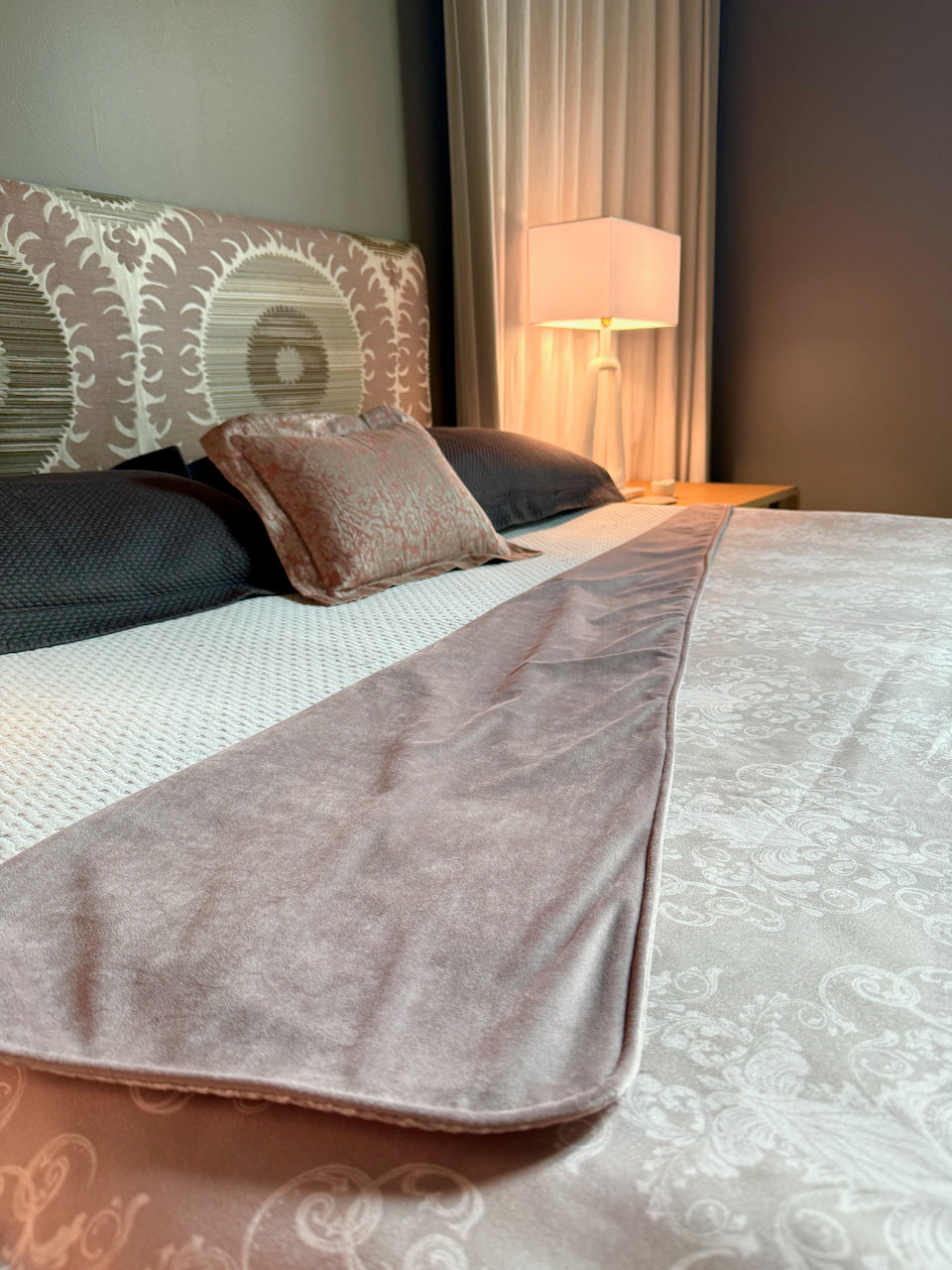
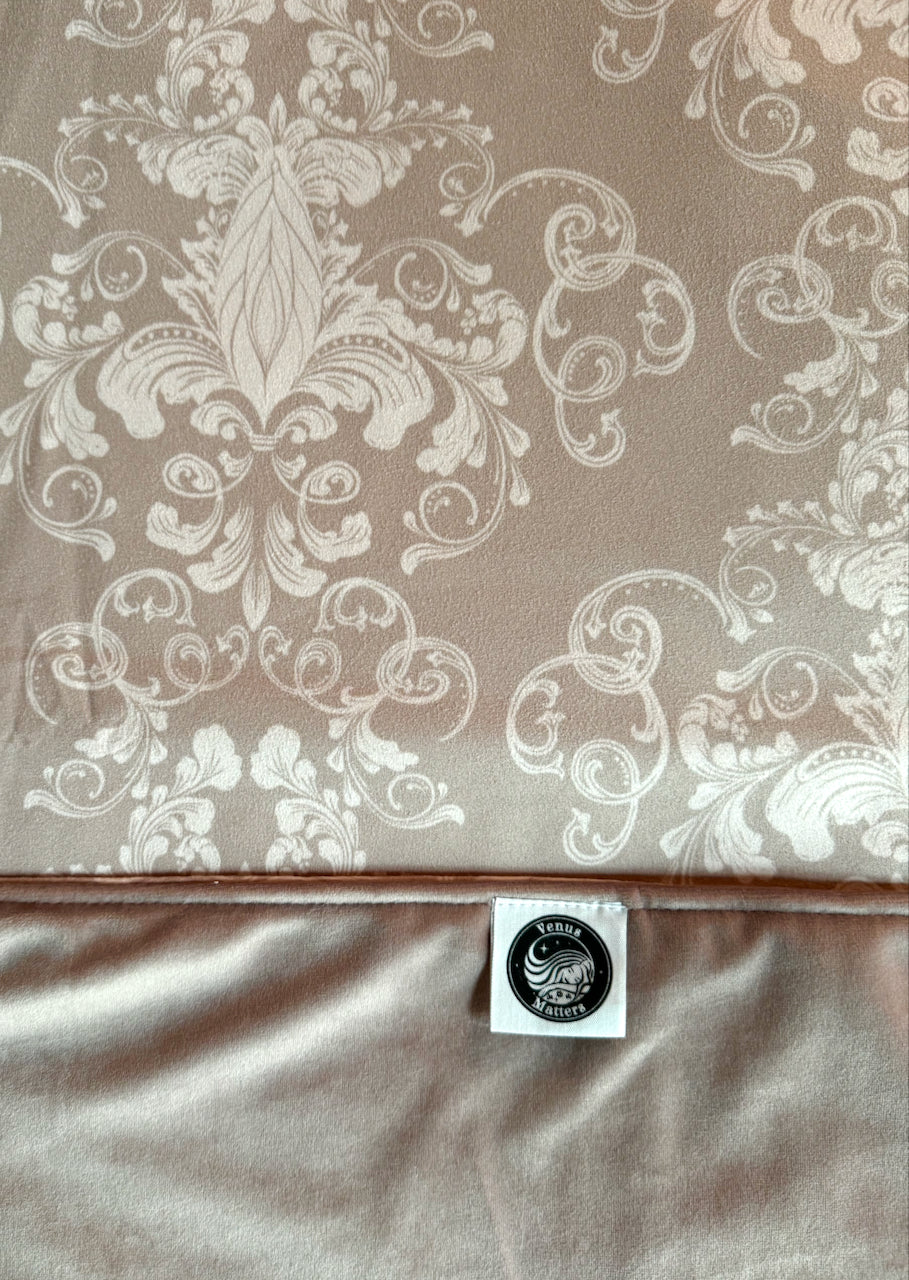
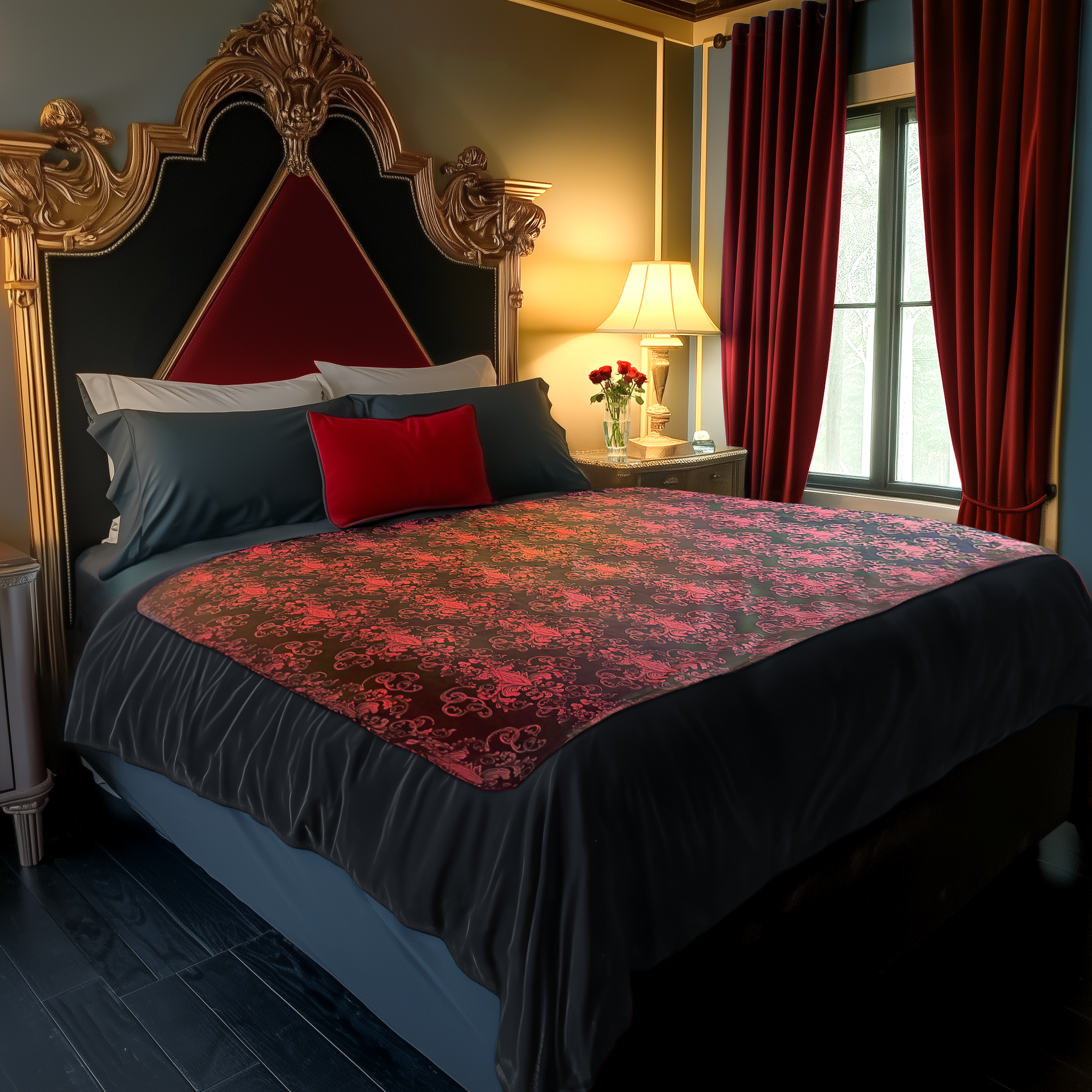
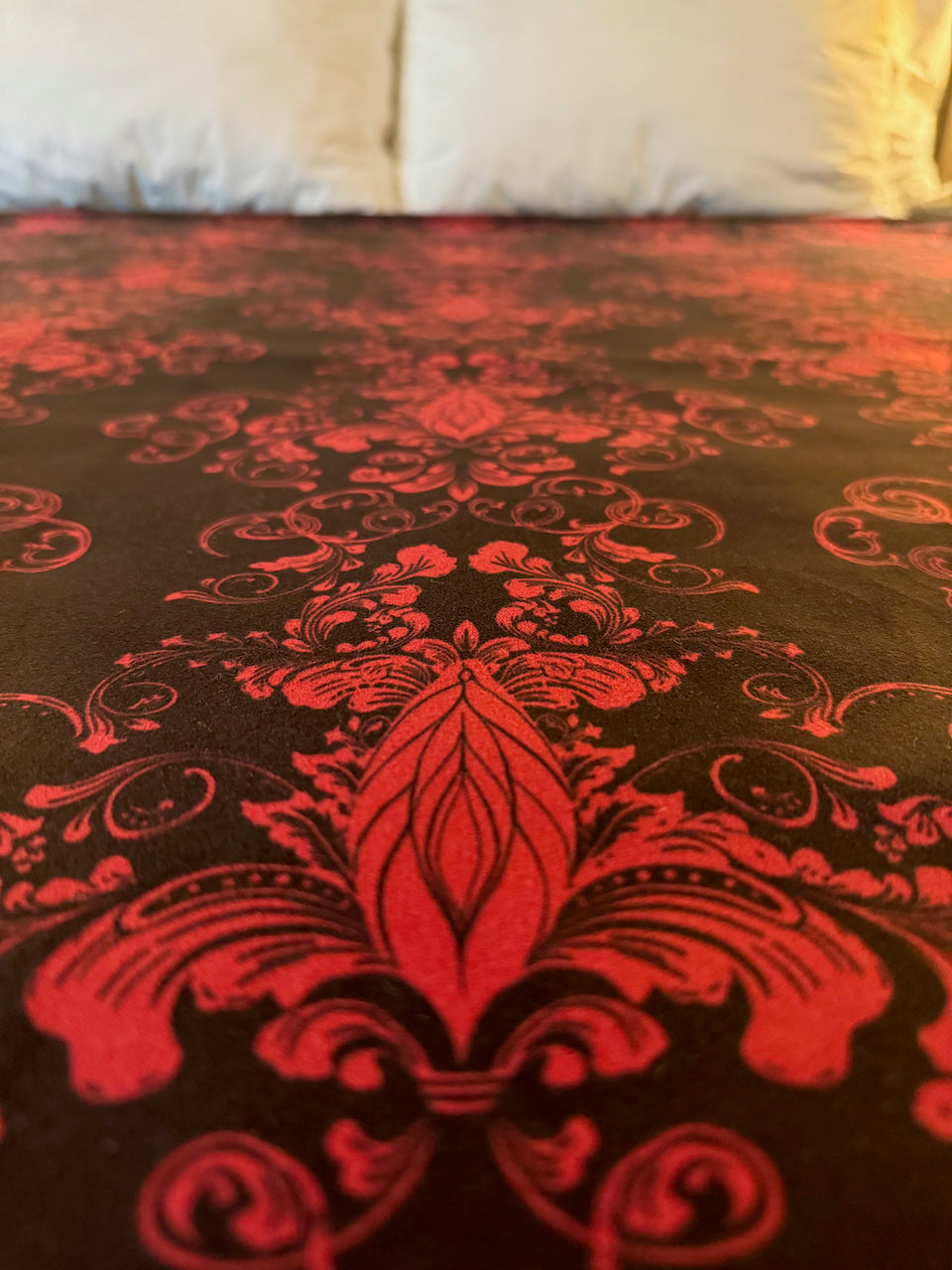
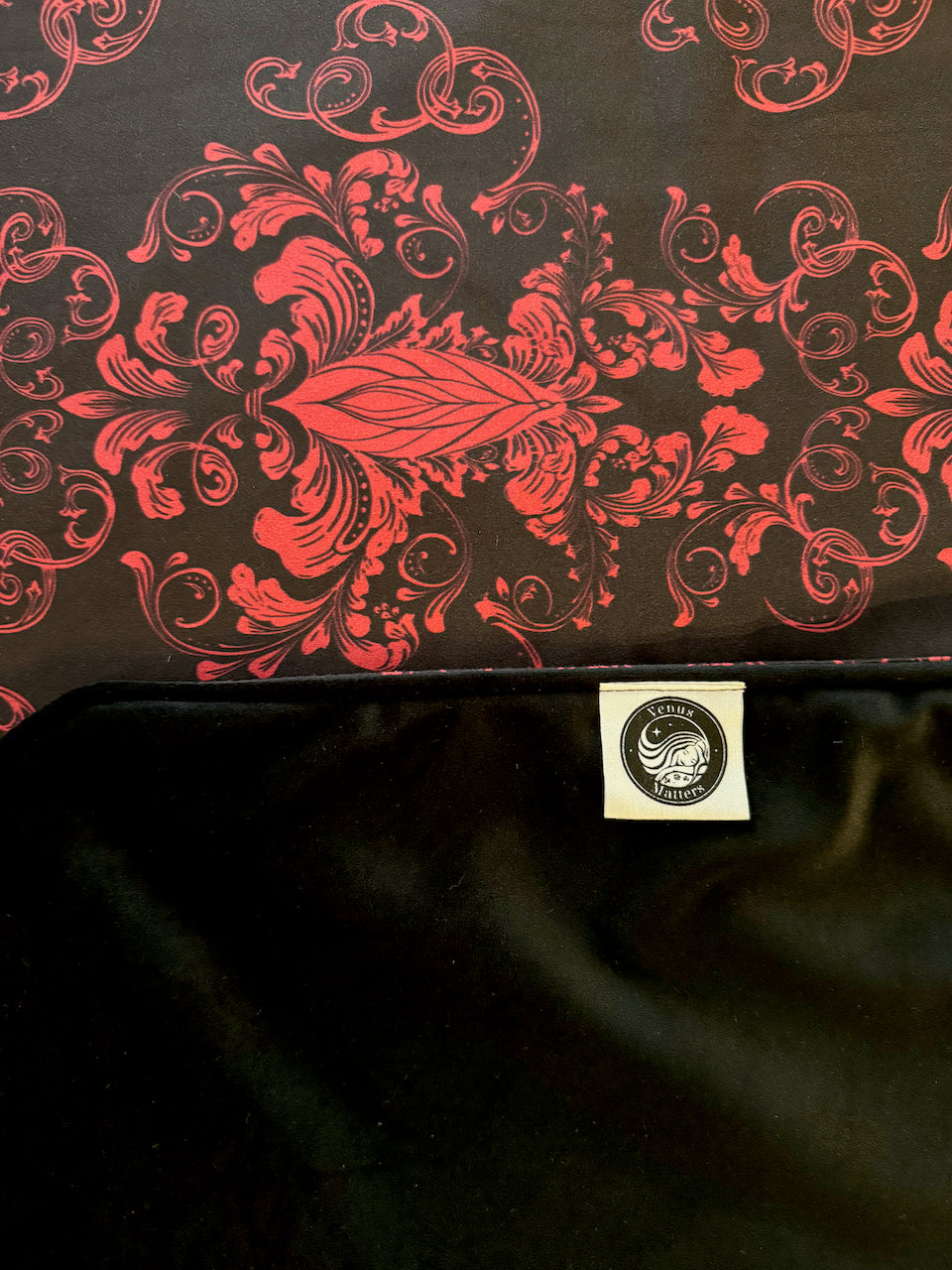
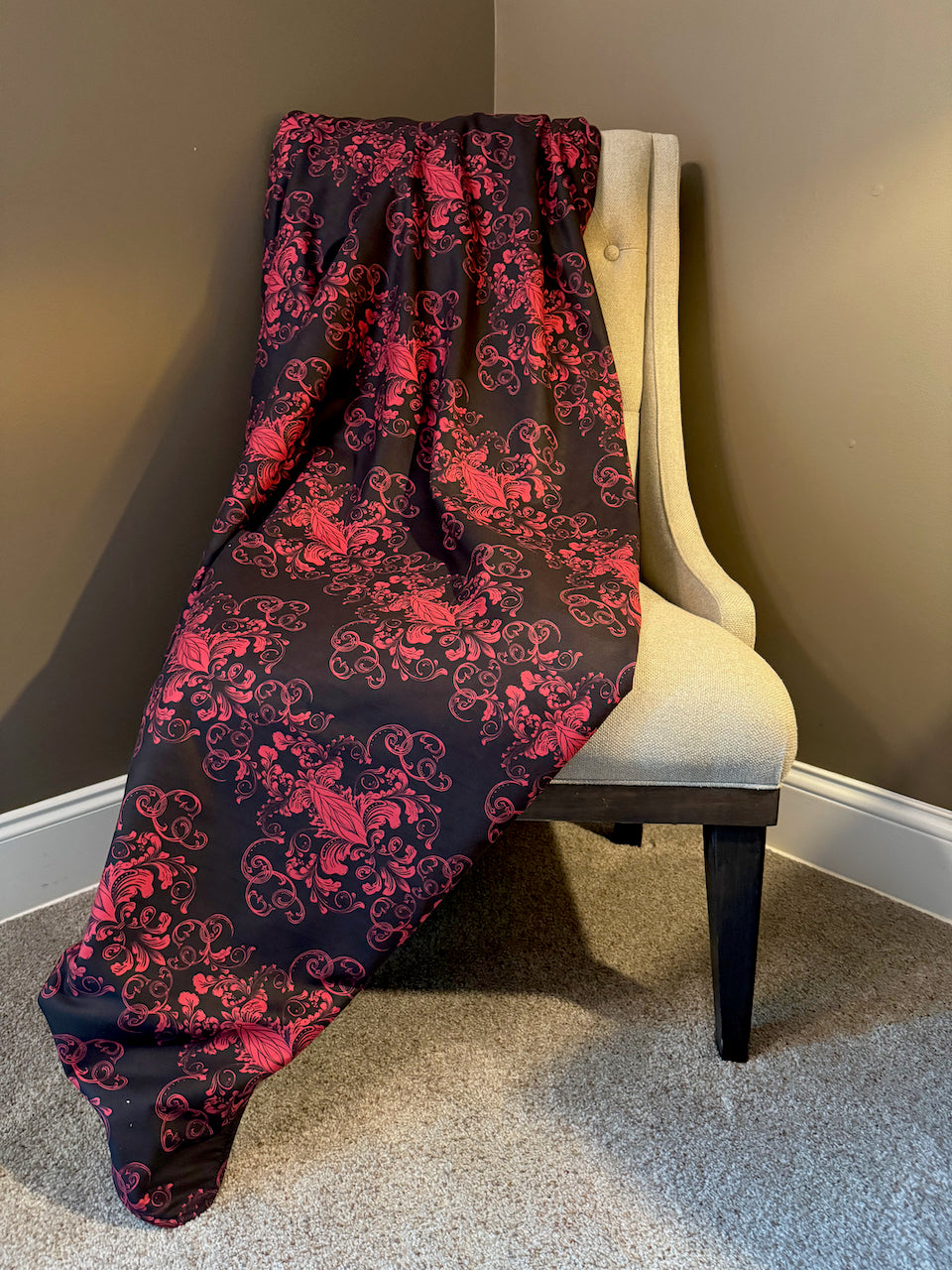
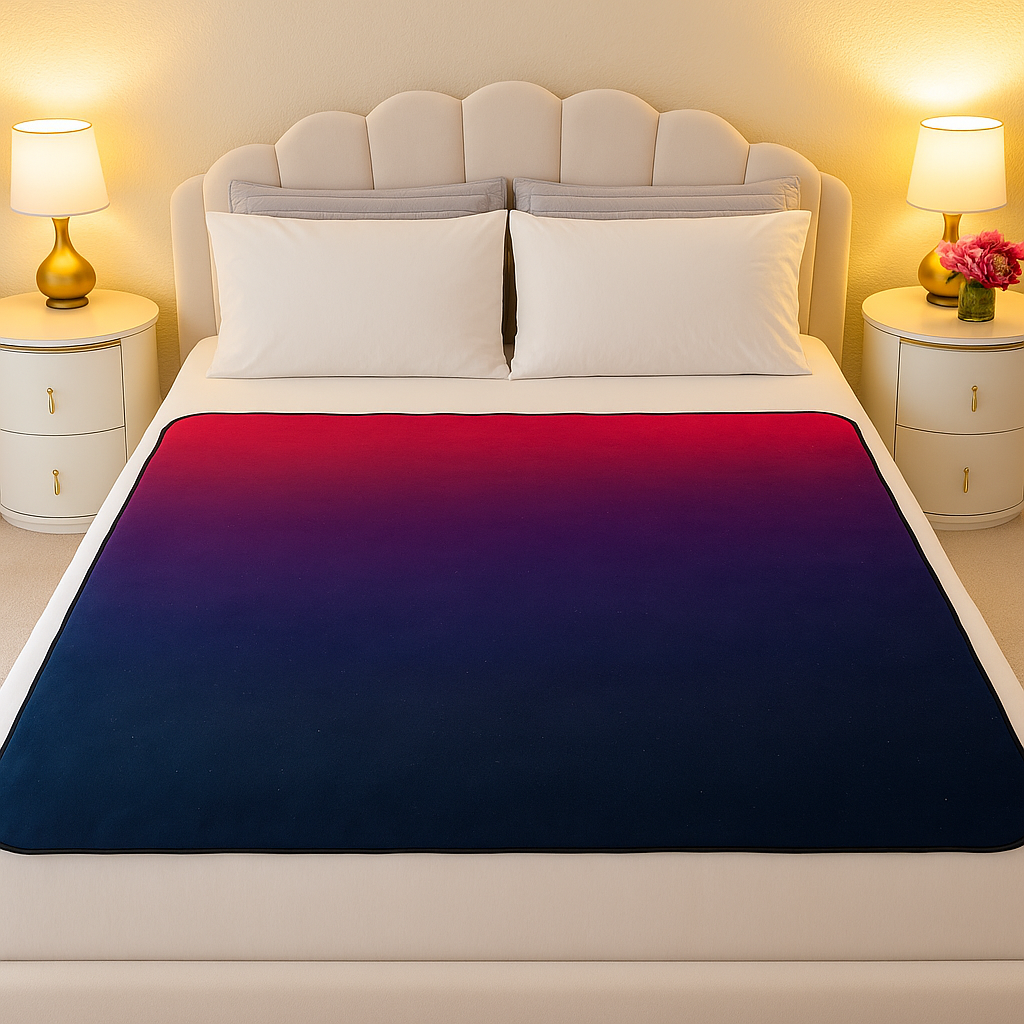
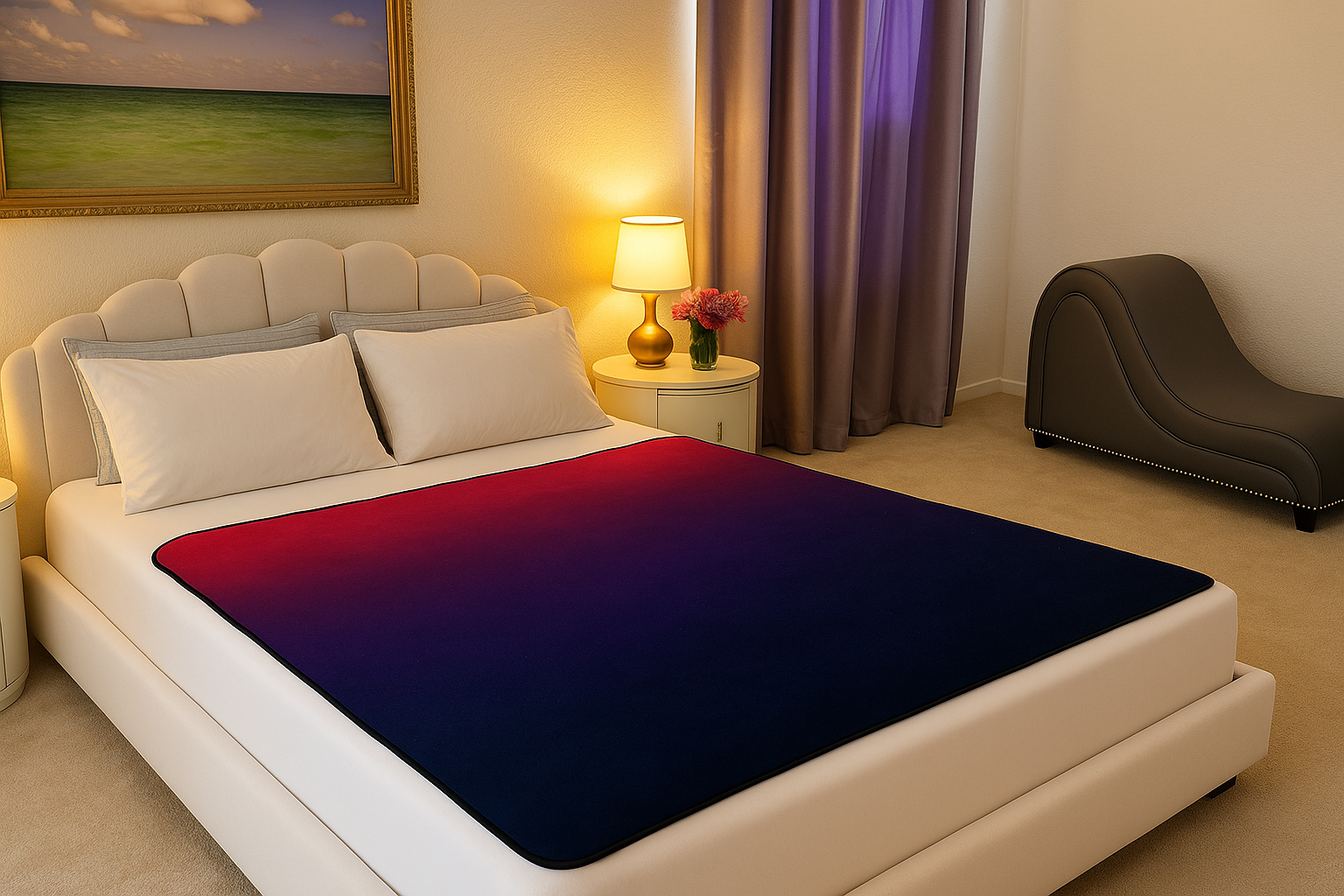

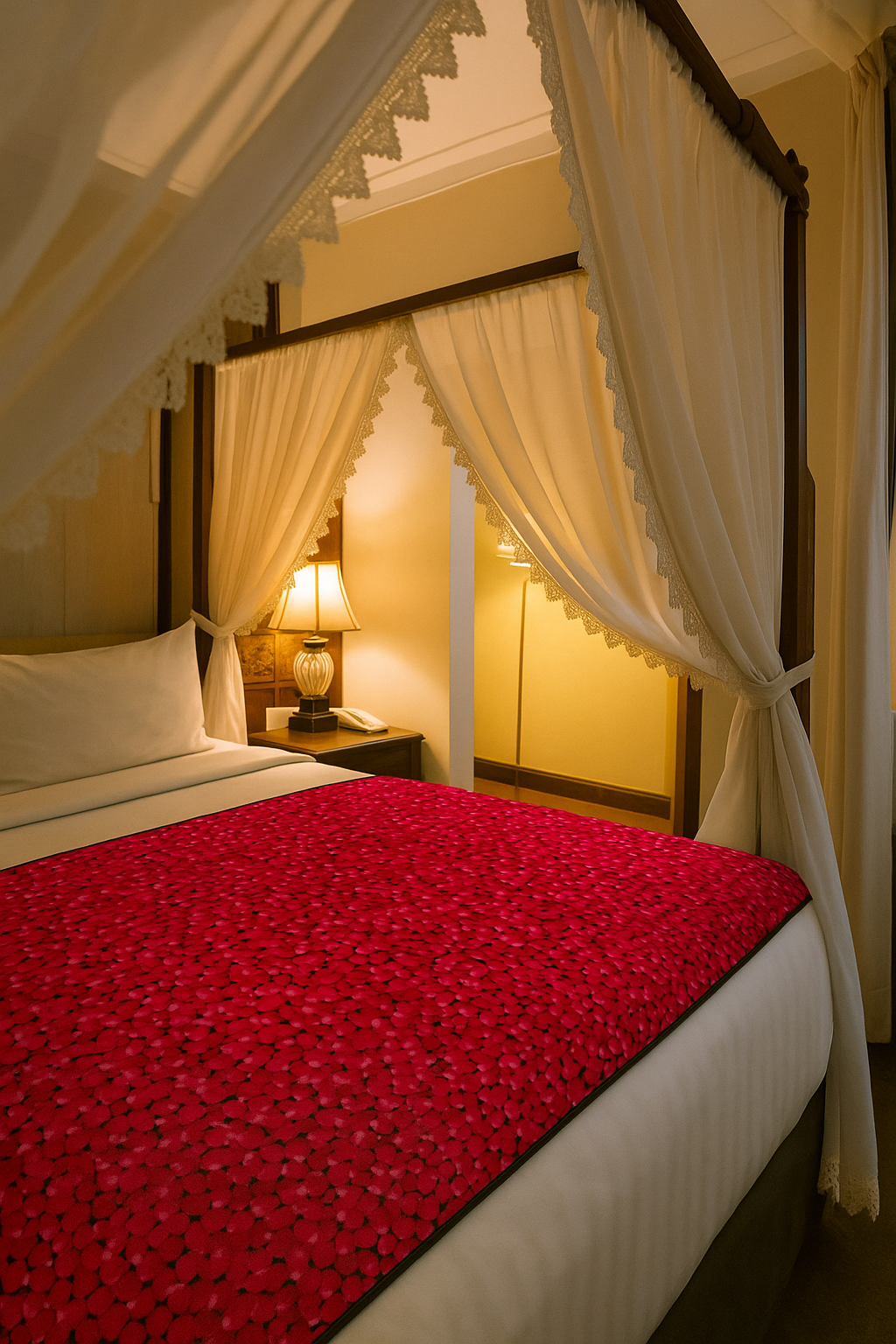
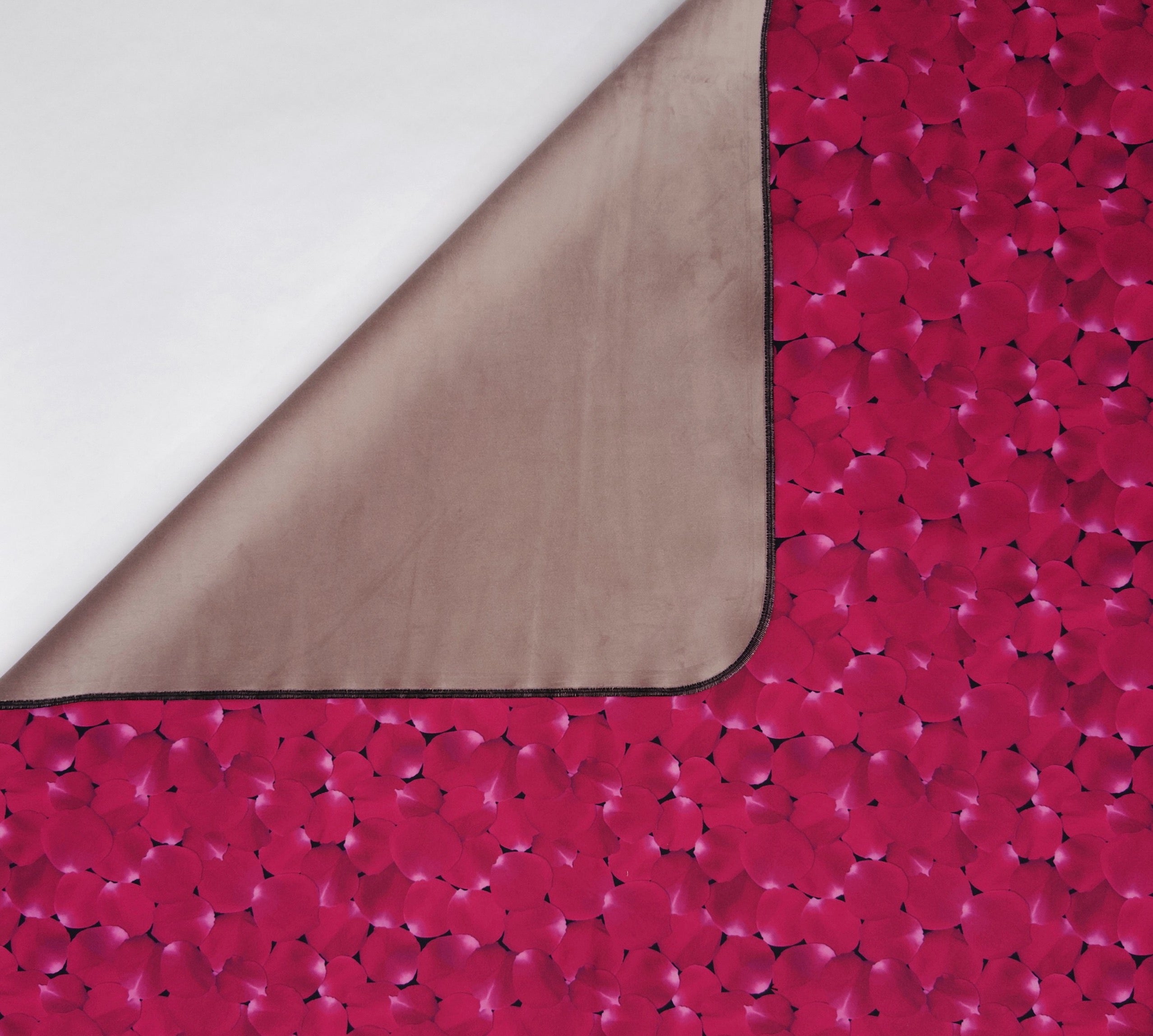
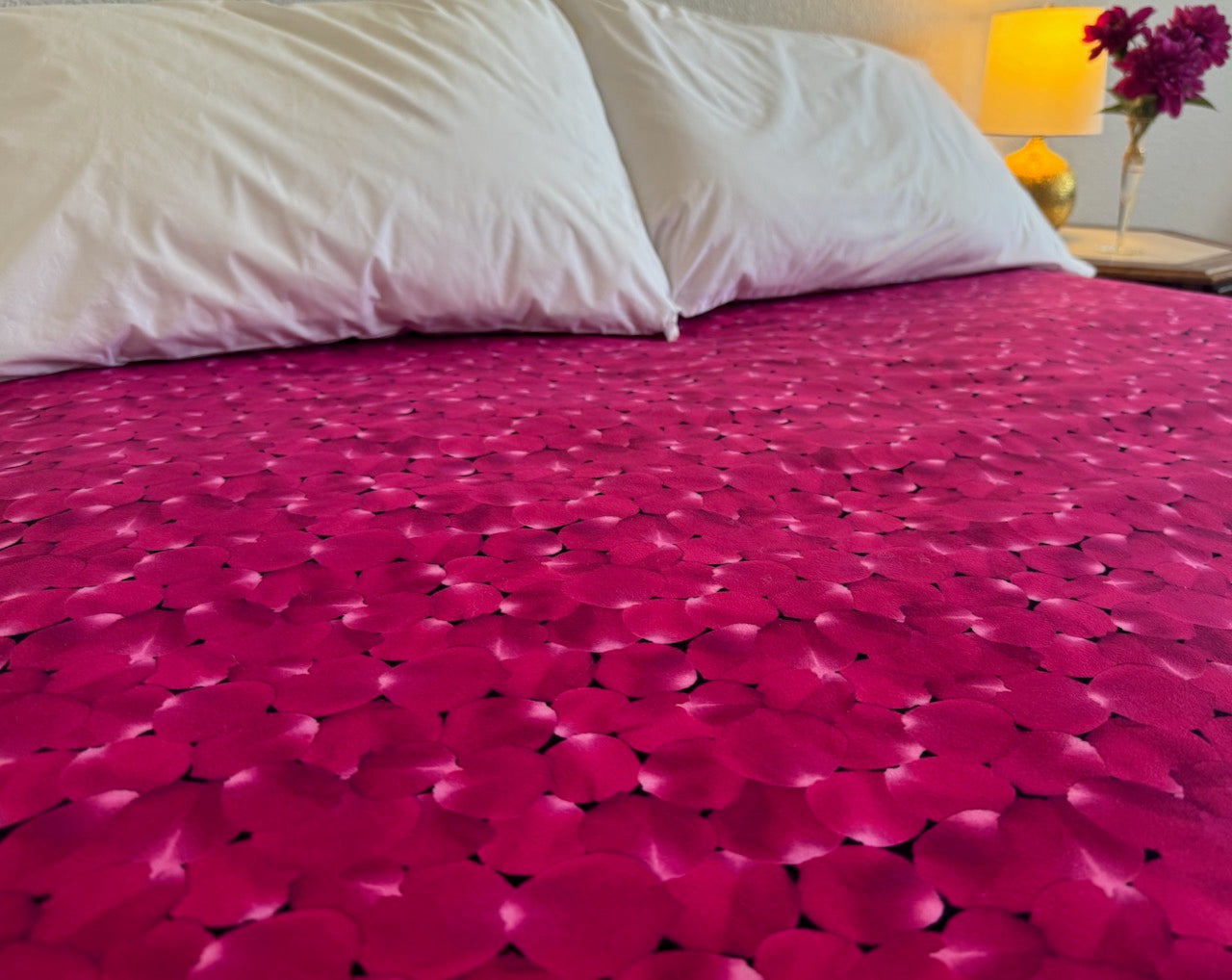




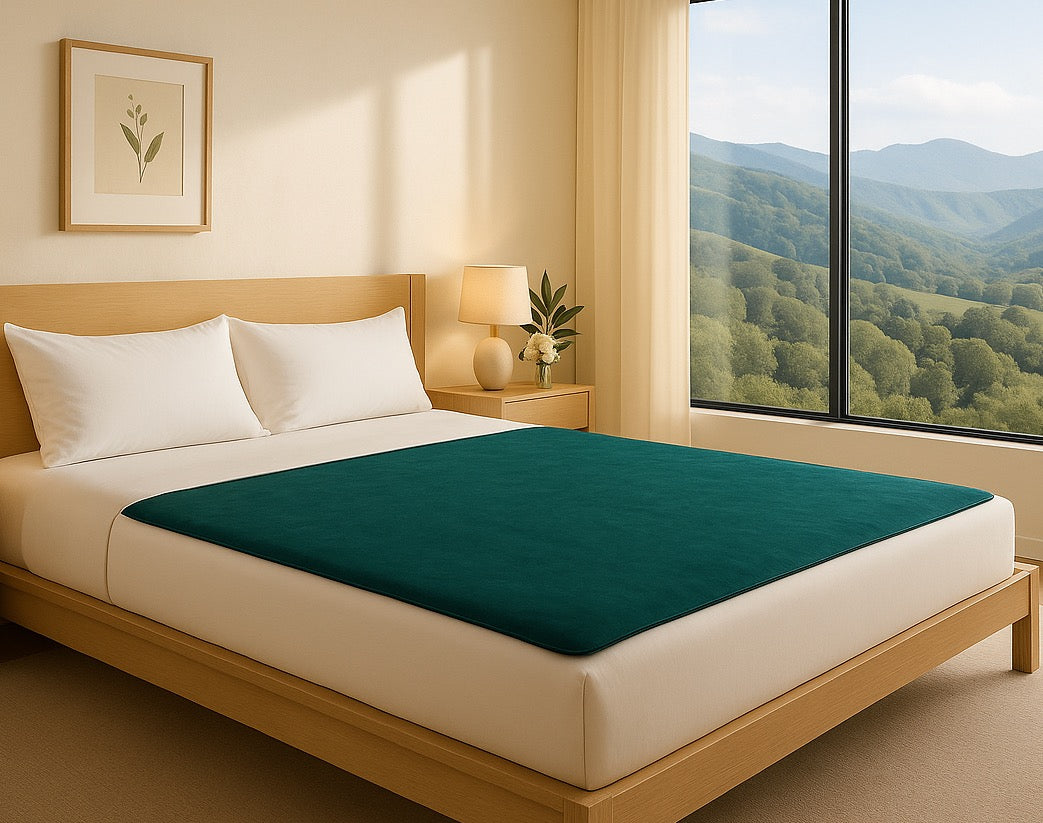
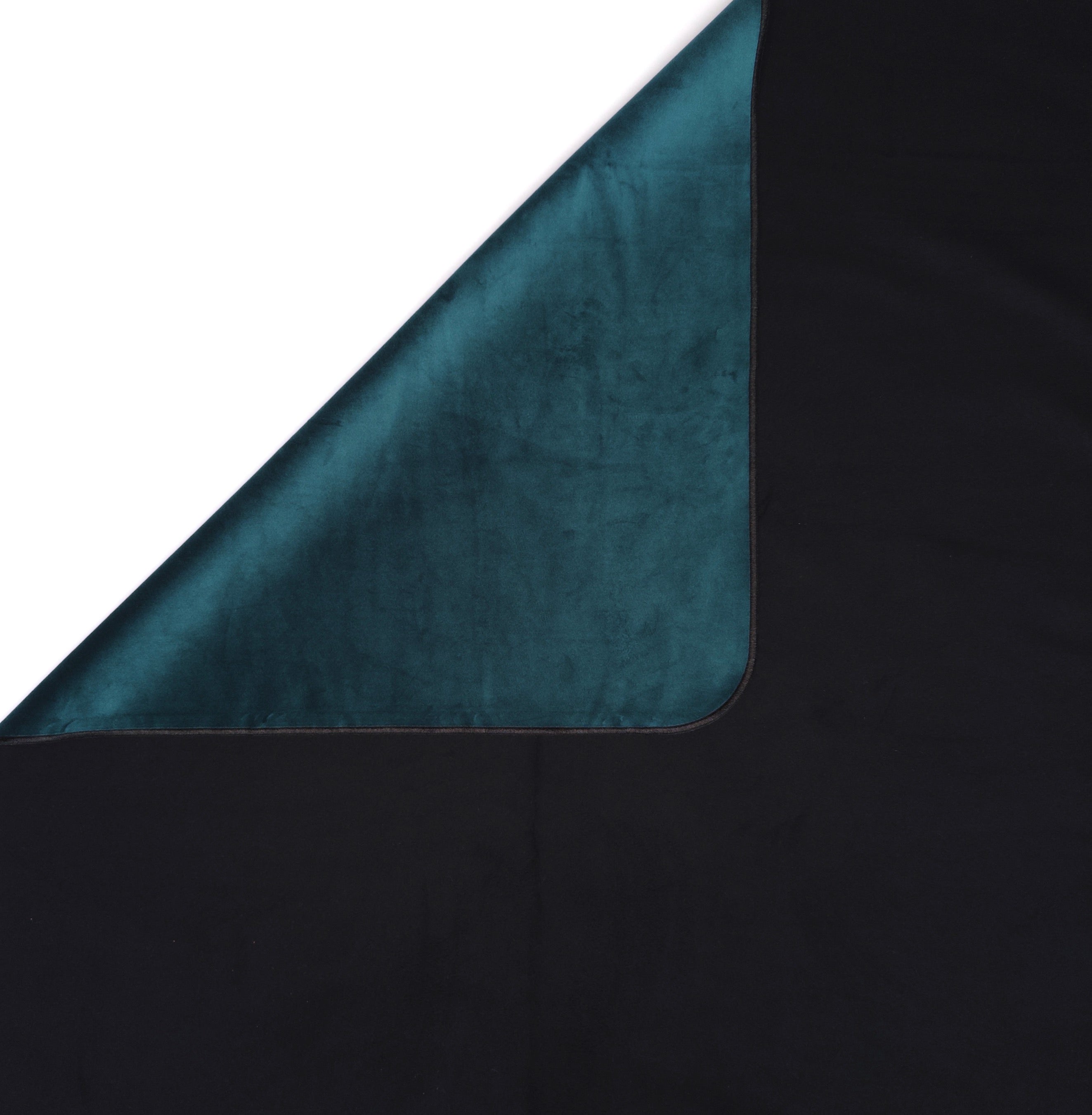

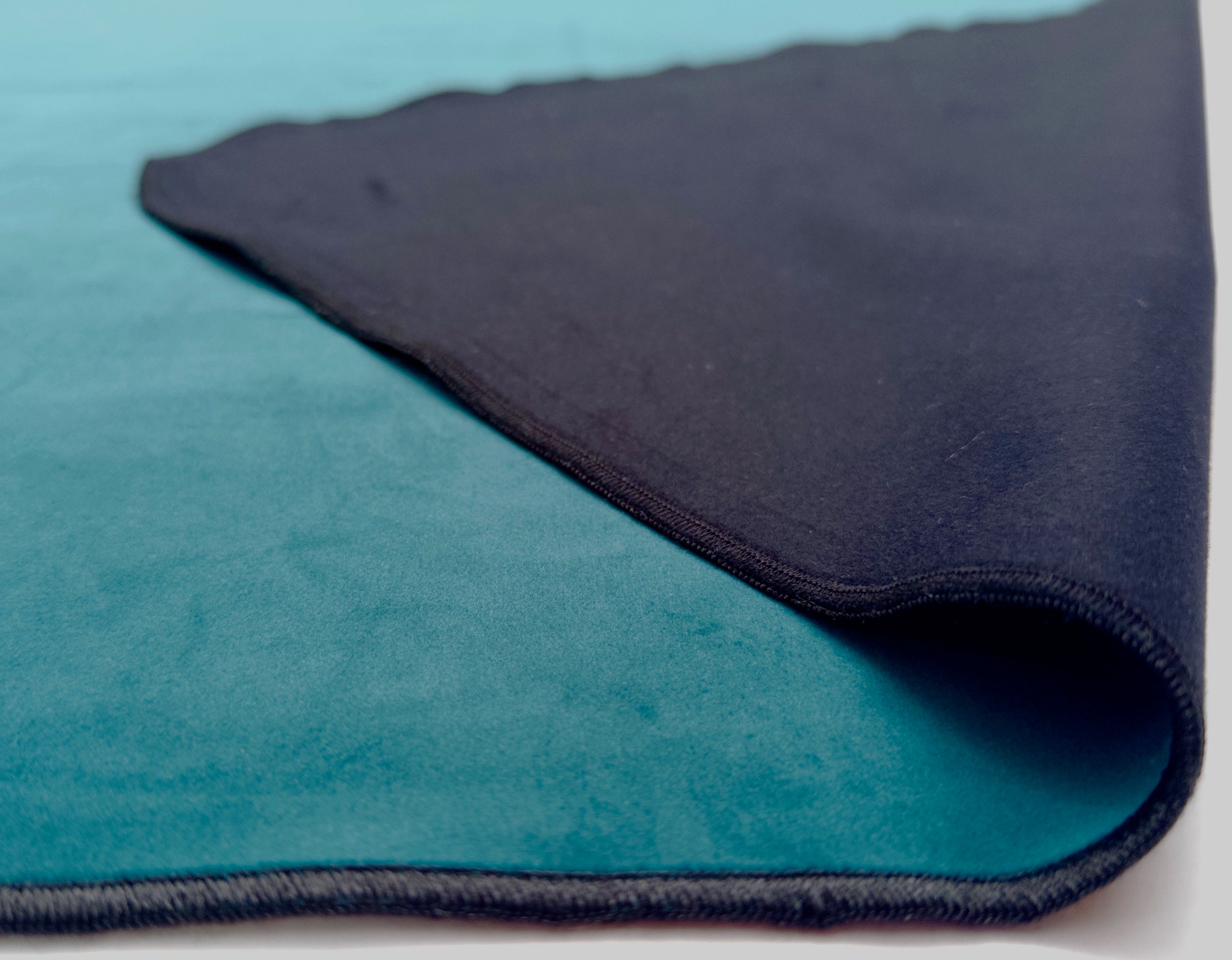
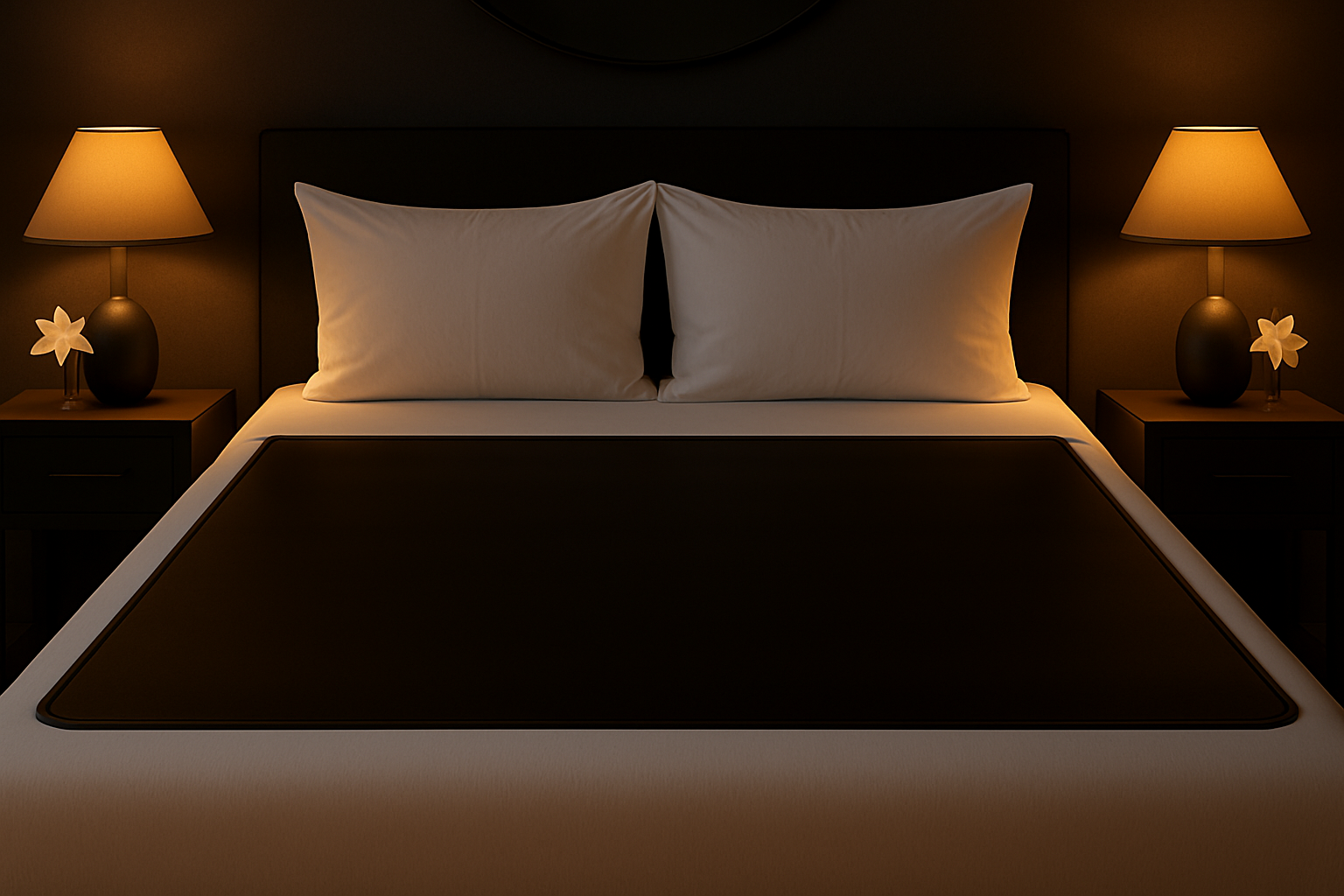
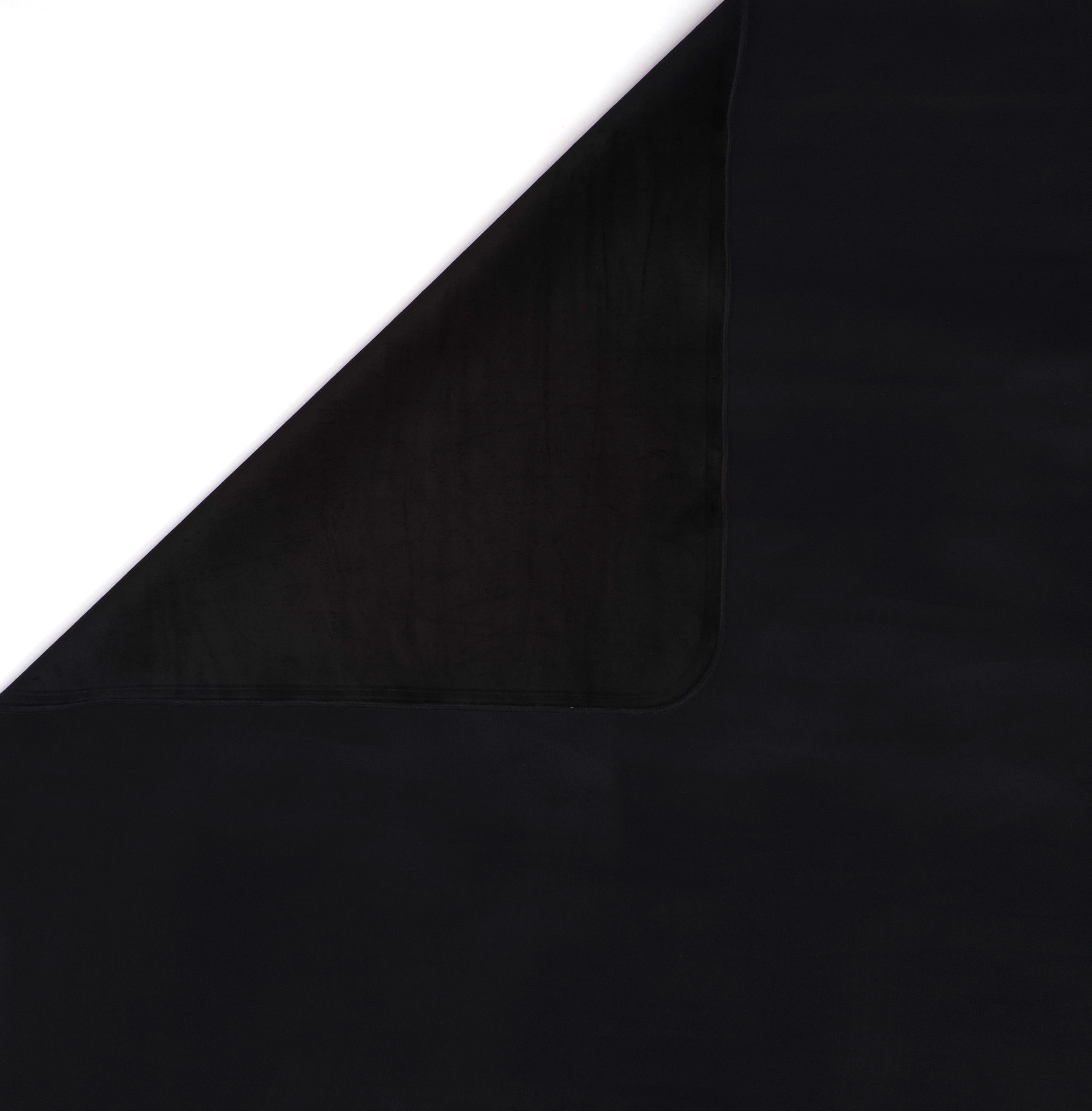










Leave a comment